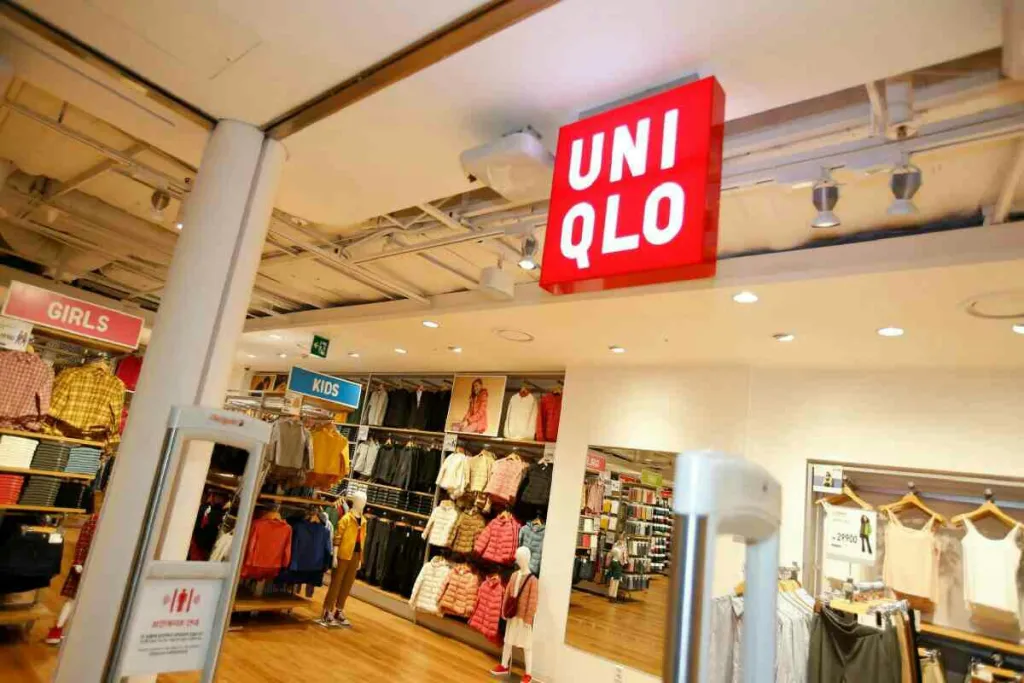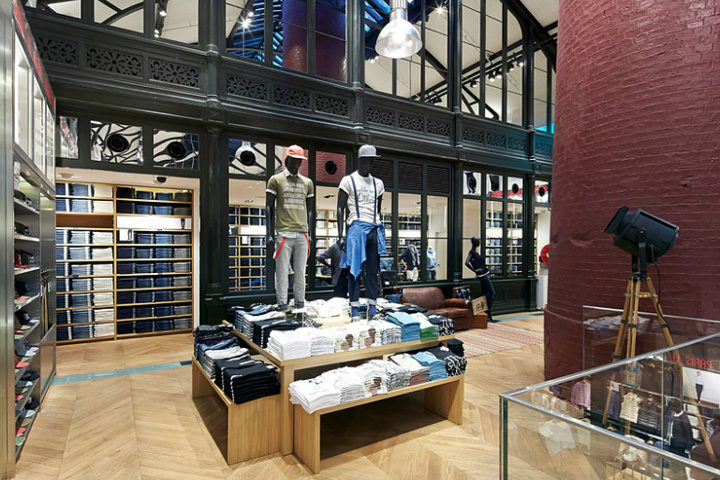“Join us on a journey through the eco-friendly practices that drive UNIQLO’s mission to create sustainable fashion. From concept to customer, discover how this global brand is revolutionizing the industry one stylish and environmentally-responsible garment at a time.”
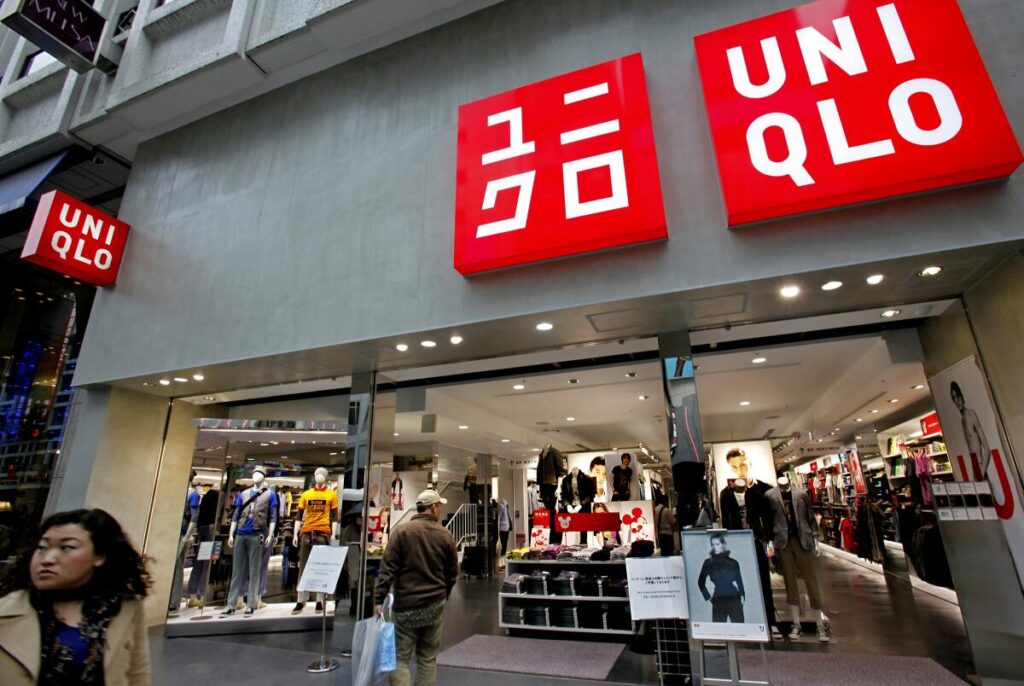
Introduction to UNIQLO’s commitment to sustainability
Step into the world of UNIQLO, where fashion meets sustainability in a harmonious blend of style and conscience. Join us as we uncover the innovative practices and commitments that set UNIQLO apart in the realm of environmentally-conscious clothing production. Discover how this global brand is leading the way towards a more sustainable future for fashion, from design to delivery.
The environmental impact of fast fashion
Fast fashion – a term that has become synonymous with quick turnover, trendy styles, and affordable prices. But beneath the surface lies a dark reality of its environmental impact. The constant churn of new collections leads to overproduction, resulting in massive amounts of textile waste piling up in landfills.
From excessive water usage in cotton farming to toxic chemicals used in dyeing processes, fast fashion takes a toll on our planet’s resources and ecosystems. Add to that the carbon footprint from transportation and energy-intensive manufacturing processes, and the picture becomes even bleaker.
The pressure to keep up with rapidly changing trends fuels this unsustainable cycle, perpetuating a throwaway culture where clothes are worn briefly before being discarded. As consumers become more aware of these issues, the call for change grows louder. Fashion brands like UNIQLO are stepping up to address these concerns by implementing sustainable practices throughout their supply chain.
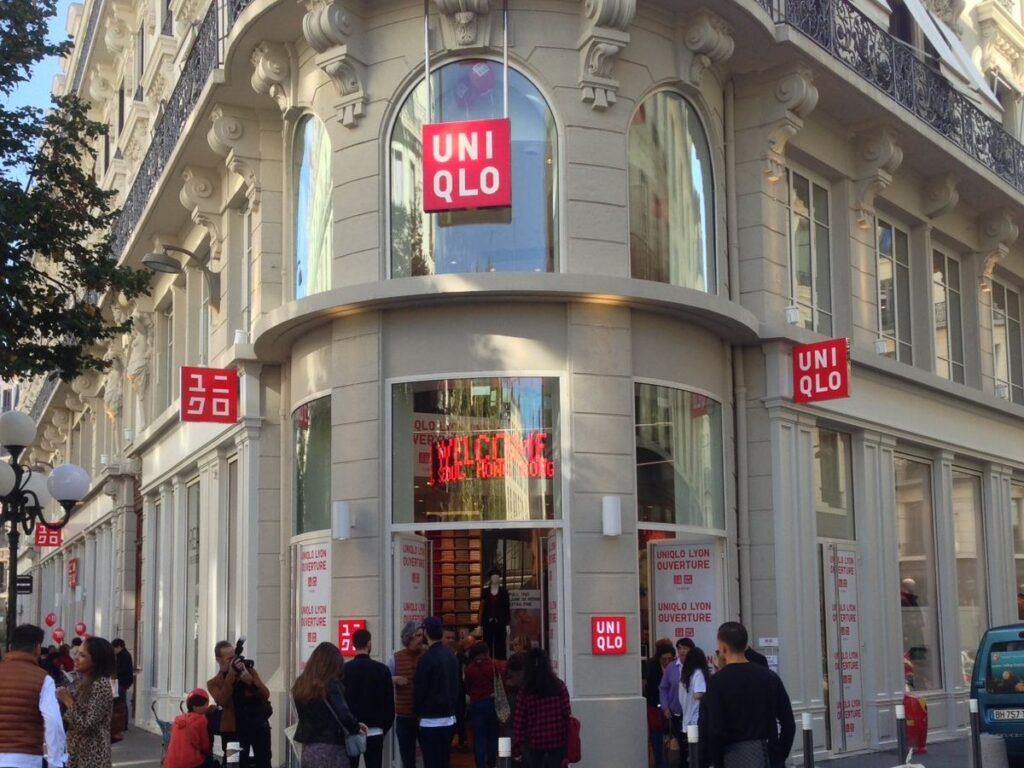
How UNIQLO approaches sustainable practices in its design process
UNIQLO takes a thoughtful approach to sustainability in its design process, starting with the initial concept phase. The brand’s designers consider not only style and function but also the environmental impact of their creations. By focusing on timeless designs that can be worn for years to come, UNIQLO aims to reduce waste and promote a more sustainable fashion industry.
Incorporating innovative technologies and techniques, UNIQLO strives to minimize environmental harm throughout the entire production cycle. From using eco-friendly dyes to implementing water-saving processes, every step is taken with sustainability in mind. This dedication extends beyond aesthetics; it’s about making a positive difference in the way clothes are made and consumed.
By integrating sustainability into its design philosophy, UNIQLO demonstrates that fashion can be both stylish and environmentally responsible. It’s not just about creating trendy pieces; it’s about shaping a future where fashion doesn’t cost the earth – literally.
Manufacturing and production methods used by UNIQLO for sustainability
UNIQLO takes sustainability seriously not just in design but also in manufacturing and production. The company has implemented innovative techniques to reduce waste and minimize environmental impact throughout its manufacturing processes. From energy-efficient factories to water-saving technologies, UNIQLO is dedicated to producing clothing with minimal harm to the planet.

The brand focuses on streamlining operations to increase efficiency while decreasing carbon emissions. By optimizing production methods, UNIQLO strives to be a leader in sustainable fashion practices. Through continuous research and development, the company aims to stay ahead of industry standards and set new benchmarks for eco-friendly manufacturing.
By incorporating recycled materials into their production lines, UNIQLO demonstrates a commitment to reducing waste and promoting circularity within the fashion industry. With a focus on responsible sourcing and ethical practices, UNIQLO sets a positive example for other brands looking to make a difference through sustainable manufacturing methods.
Supply chain transparency and fair labor practices at UNIQLO
UNIQLO takes pride in its commitment to transparency throughout its supply chain. The company believes that every piece of clothing tells a story, and it is essential to ensure that each step of the production process upholds fair labor practices. From the sourcing of materials to the final delivery of garments, UNIQLO strives for accountability and ethical standards.
By working closely with suppliers and manufacturers, UNIQLO ensures that workers are treated fairly and provided with safe working conditions. Through regular audits and inspections, the company monitors compliance with labor laws and regulations, making sure that human rights are respected at every level of production.
UNIQLO’s dedication to fair labor practices extends beyond its own operations; the brand actively collaborates with industry partners to raise awareness and drive positive change within the fashion industry. By promoting transparency and ethical practices, UNIQLO sets a standard for responsible manufacturing that benefits both workers and consumers alike.
Use of sustainable materials in UNIQLO’s clothing
UNIQLO is not just about style and comfort; it’s also about sustainability. When it comes to materials, UNIQLO goes the extra mile by using eco-friendly fabrics like recycled polyester, organic cotton, and responsibly sourced wool. These sustainable materials help reduce waste and lessen the environmental impact of clothing production.
By incorporating these materials into their clothing lines, UNIQLO shows a commitment to making a difference in the fashion industry. The use of sustainable fabrics not only benefits the planet but also provides customers with high-quality garments that they can feel good about wearing.
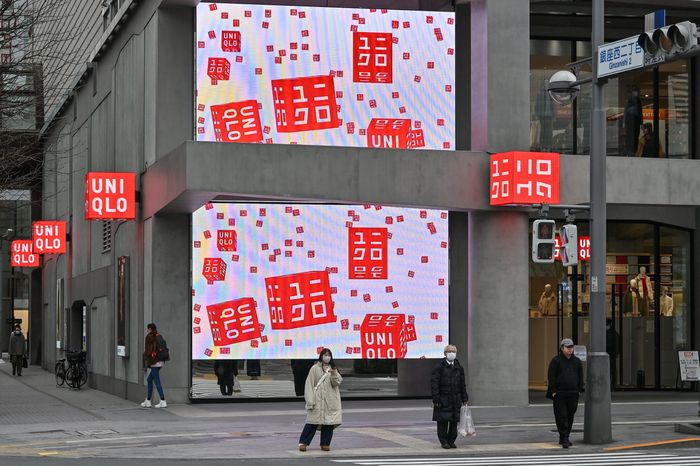
From cozy sweaters to versatile basics, UNIQLO proves that fashion doesn’t have to come at the expense of our planet. By choosing clothes made from sustainable materials, you’re not just dressing stylishly – you’re supporting a more sustainable future for all.
Impact on the environment and communities from UNIQLO’s sustainable efforts
UNIQLO’s sustainable efforts extend beyond just reducing environmental impact; they also positively affect communities worldwide. By implementing eco-friendly practices in their supply chain, UNIQLO minimizes pollution and waste, leading to cleaner air and water for local residents. Moreover, by promoting fair labor practices and transparency, UNIQLO ensures that workers are treated ethically and receive proper compensation.
Through collaborations with NGOs and community initiatives, UNIQLO actively engages in projects that benefit underprivileged areas by providing support for education, healthcare, and infrastructure development. This not only improves the quality of life for individuals but also fosters a sense of social responsibility within the company.
Overall, UNIQLO’s commitment to sustainability goes beyond just fashion – it leaves a lasting impact on both the environment and the communities they serve.
Collaborations and initiatives towards a more sustainable future by UNIQLO
UNIQLO’s dedication to sustainability goes far beyond their own practices. They actively seek collaborations and initiatives that promote a more sustainable future for the fashion industry as a whole. By partnering with like-minded organizations and participating in global sustainability movements, UNIQLO is making a significant impact on the environment and communities worldwide.

Through their commitment to transparency, fair labor practices, use of sustainable materials, and innovative manufacturing processes, UNIQLO is setting an example for other brands to follow. Their efforts towards creating a more sustainable future demonstrate that fashion can be both stylish and environmentally responsible. As consumers become increasingly conscious of the impact of their purchasing decisions, UNIQLO stands out as a leader in driving positive change within the industry.
In this way, UNIQLO is not just creating clothing – they are crafting a better tomorrow for all.

